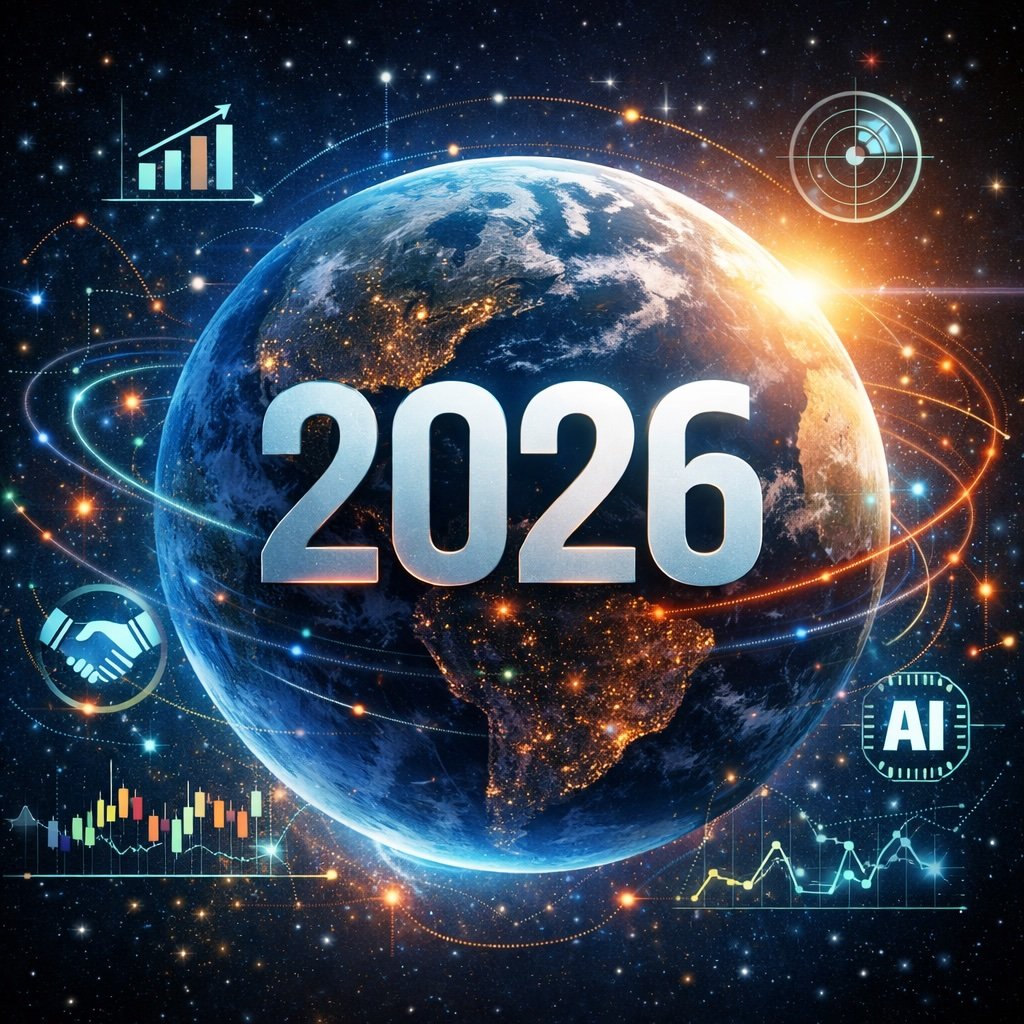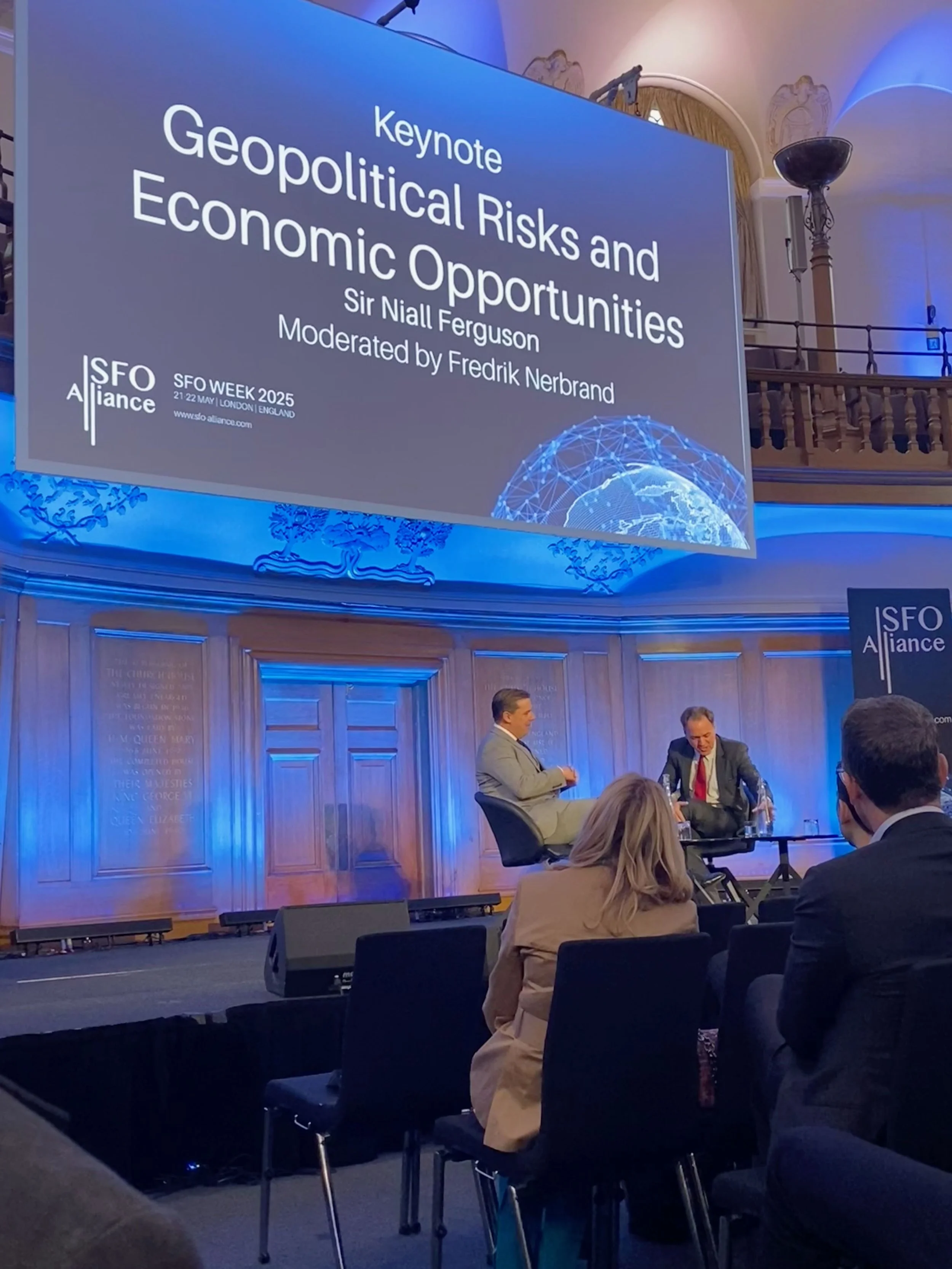Six signals for 2026 that leaders in government, technology, and investment should act on now. A strategic view of geopolitics, trust, and reputation as operating constraints, with practical implications
All tagged geopolitics
Are We Pricing Tech Ambition or Inflating a Bubble?
Tech IPO valuations are soaring as SpaceX, OpenAI and Anthropic reshape markets. We need to think whether ambition, narrative and AI hype are driving sustainable value or a growing bubble.
The Geopolitics Shift Boards Cannot Ignore
The 2025 US National Security Strategy marks a clear break from decades of liberal globalisation, placing economic security, supply-chain control and strategic competition at the centre of US policy. This shift makes geopolitical strategy a board-level priority. Companies, investors and governments must reassess how they position themselves to the United States and other major powers. The strategy highlights the need to understand these new expectations, mitigate political and operational risk, and prepare for fragmented supply chains, stricter investment filters and heightened scrutiny. Strategic framing now matters more than ever. How you present your organisation or investments will shape perceptions, reduce exposure, secure trust and unlock future growth.
Why Reputation Risks Rise in the Age of Creators
The Reuters Institute’s new report, Mapping News Creators and Influencers in Social and Video Networks, shows how online creators now shape public opinion. Governments and companies must adapt their reputation strategies to navigate this fast-moving media landscape.
Why Soft Power is Vital In a Multipolar World
What soft power is, how countries use it to shape diplomacy, trade and investment, and why it still matters in a more contested, multipolar world. The Foreign Policy Centre has just released its latest report outlining a way forward for the UK Government to develop soft power.
How Trust is Critical for Investors in Private Capital Markets
In the world of private capital, trust is the foundation. LPs trust GPs to act in their best interest, and GPs trust LPs to be long-term partners. Reputation is what makes or breaks this dynamic.
Learn why trust, perception, and reputation are now more critical than financial returns for both LPs and GPs in fundraising and partnerships. Discover how to build and manage trust as a strategic asset.
Why Family Offices Are The Hidden Architects of Innovation
At SFO Week 2025, it became clear that single family offices are more than capital providers—they’re strategic builders of innovation, trust, and long-term growth. From deeptech to university spinouts, family offices are shaping the future of investment with purpose and conviction.
Why Economic Diplomacy Is a CEO Power Move
Economic diplomacy is reshaping global business. Leaders who align with national strategies and engage at the intersection of policy and profit are gaining a competitive edge. Here’s how strategic insight drives access, resilience, and long-term growth.
The Impact Of The Damage to Brand America
American businesses are witnessing a rise in anti-American sentiment worldwide. What is the impact of this, and how can American companies and investors that trade, invest and profit from their presence overseas protect themselves?








